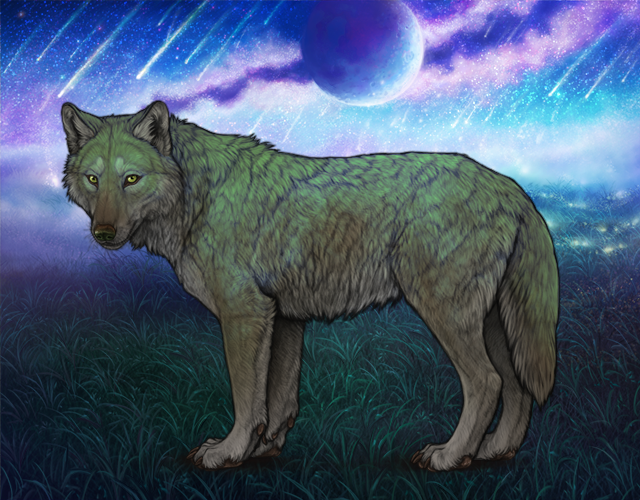Faunus
| Last Details | |
|---|---|
| Death Age | 7 years 8 months (Elder) |
| Sex | Male |
| Personality | Confident |
| Breeding Records | |
|---|---|
| Death Age in Rollovers | 184 |
| Pups Bred | 0 pups bred |
| Looks | |
|---|---|
| Base | Skarn (1.41%) |
| Base Genetics | Cool Dark I |
| Eyes | Olive |
| Skin | Bistre |
| Nose | Fern |
| Claws | Bistre |
| Mutation | None |
| Secondary Mutation | None |
| Carrier Status | Unknown |
| Variant | Default |
| Markings | |
|---|---|
| Slot 1 | None |
| Slot 2 | None |
| Slot 3 | Turquoise Smoke (70%) |
| Slot 4 | Dark Brown Rump Stripe (12%) |
| Slot 5 | Moss Smudge Heavy (52%) |
| Slot 6 | None |
| Slot 7 | None |
| Slot 8 | None |
| Slot 9 | White Urajiro (15%) |
| Slot 10 | None |
| Birth Stats | ||
|---|---|---|
| Strength | Speed | Agility |
| 61 | 52 | 59 |
| Wisdom | Smarts | Total |
| 56 | 49 | 277 |
| Birth Information | |
|---|---|
| Moon | |
| Season | |
| Biome | Deciduous Forest |
Biography
Faunus ancient Italian rural deity whose attributes in Classical Roman times were identified with those of the Greek god Pan. Faunus was originally worshipped throughout the countryside as a bestower of fruitfulness on fields and flocks. He eventually became primarily a woodland deity, the sounds of the forest being regarded as his voice. The rustic god of the forest, plains and fields.
Pan then became known as the god of shepherds and hunters, and of the meadows and forests of the mountain wilds. His unseen presence aroused panic in those who traversed his realm.
Pan was depicted as a man with the horns, legs and tail of a goat, a thick beard, snub nose and pointed ears. He often appears in scenes of the company of Dionysos.
In the classical age the Greeks associated his name with the word pan meaning "all". However its true origin lay in an old Arcadian word for rustic.
Pan then became known as the god of shepherds and hunters, and of the meadows and forests of the mountain wilds. His unseen presence aroused panic in those who traversed his realm.
Pan was depicted as a man with the horns, legs and tail of a goat, a thick beard, snub nose and pointed ears. He often appears in scenes of the company of Dionysos.
In the classical age the Greeks associated his name with the word pan meaning "all". However its true origin lay in an old Arcadian word for rustic.
| Decorations and Background |
|---|
Background
None equippedDecorations
Above
None equipped!
Below
None equipped!
